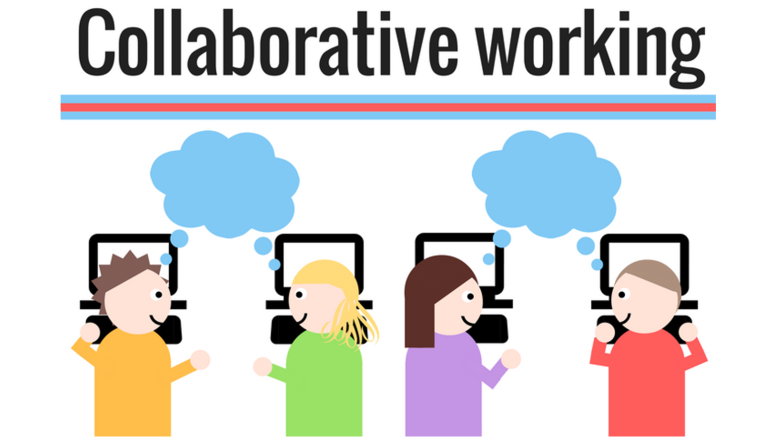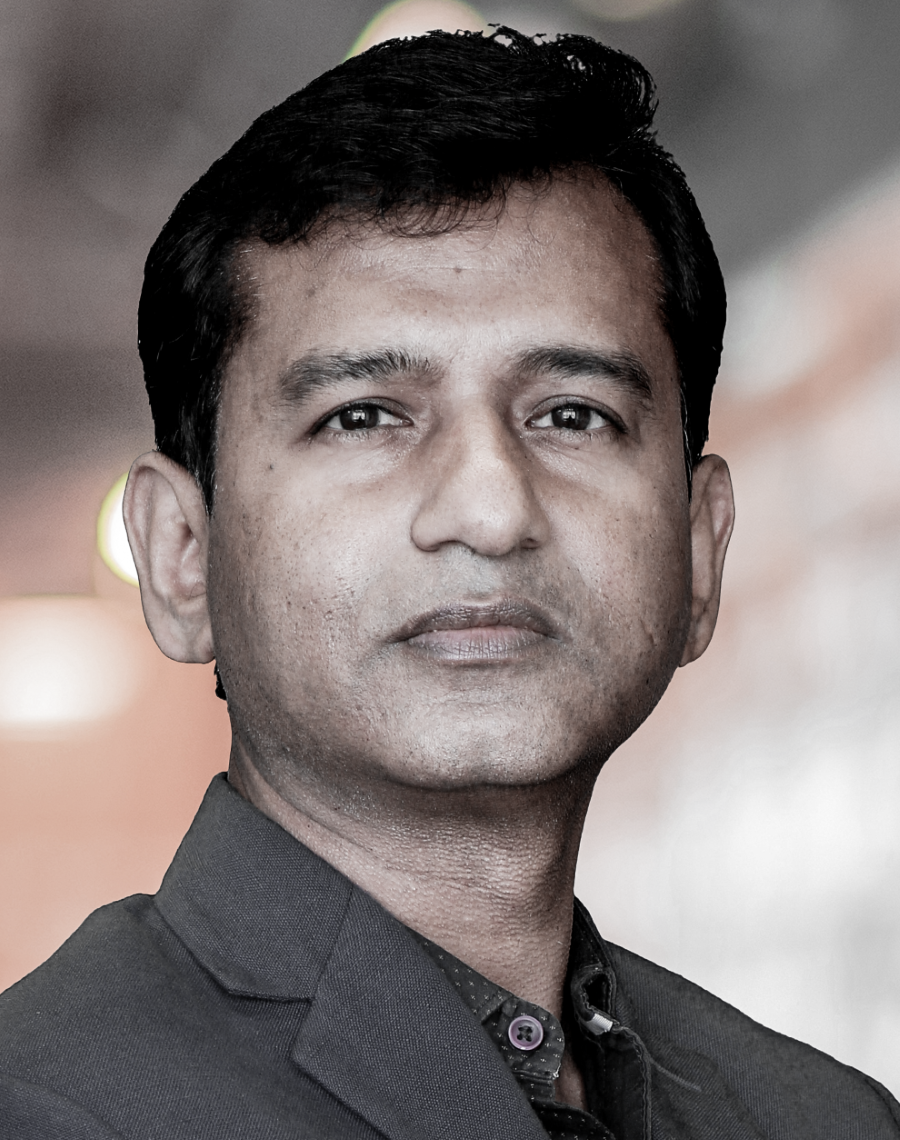One of the seemingly simplest yet the most complex. I faced this first in my corporate life when I started off my corporate journey 24 years back, with a multinational. Within two weeks of joining, we are flown to Melbourne for a stint project and on the job training in team of around 15 high on energy folks. We were given 10,000 Rupees to shop before flying off (those days 10K was a quite a big sum, for shopping at least!) VISAs were done at the blink of an eye and then when we reached, we were put into a swanky fully furnished apartment with two people sharing a room. I recall there was a washing machine and a dryer separately which I had seen for the first time. There was a separate group of ladies who were put up in a separate apartment within the same complex. All those who could drive were handed over a Ford Falcon each – I recall we used to go to our Melbourne office in a convoy of around eight cars (we had International DL made before flying).
Everything was going well, until the first 48 hours passed, we realised that the thought of being there for five months (extendable) was scary. I was missing home like how and the thought of co-living with new people with different backgrounds was a task. Let me say plain- we had fights, quite a lot at least the first two weeks or so and took us at least a month to get comfortable with each other at work and off work. More so because, flat mates had distributed responsibilities and mine was to wash the dishes (thankfully we had a Hotel Management graduate with us who took up the cooking part -breakfast and dinner).
That was my first experience of how to work with all kinds of people and I am grateful I got this opportunity early in my life, more so because it was work and non-working hours. It was difficult, however, here are 5 things that I learnt and imbibed
- Somethings are realised later in life
Every ten years my life has seen a big transition which I think of as a combination of experiences taking a well thought of turn. What my mind and mindset was when I was in my twenties, is of course changed leaps and bounds now. So, a decision making, way of calming my mind, listening skills, what to say when and how to say it, how to write better emails. I learnt everything step by step but fast and a bunch of things I realised later about myself – both good and bad, and it has been absolutely okay for me.
- Simplicity
Most of the times, taking the first step and saying a meaningful ‘sorry’ helps. Even at times when it is not a matter of who is right or who is wrong. Try it one whenever there is a “situation” and you will see the magic unfold. The thing is we hold on to grudges and judging someone so hard that it negatively impacts ourselves. In a nutshell, forgiveness is a healer.
- Shared Goals and Accountability
I always observed our manager who aligned our teams around shared goals and imbibing a sense of collective accountability can drive collaborative efforts and ensure everyone is working towards a common objective. He led us to revisit our organisational values and ethics and that’s where I also learnt gradually that even values an be demonstrated.
During our strategic planning session, our manager involved representatives from all departments to collectively define our organisational goals and KPIs for the project. This collaborative process ensured buy-in and a shared understanding of our priorities.
- Open Communication Channels
Establishing open and transparent communication channels is vital for collaboration. It encourages the free flow of ideas, concerns, and feedback, fostering an environment of trust and inclusivity. I am grateful to have worked in organisations that follow an open-door policy where employees can directly approach leadership if need be, and also Skip-Level meetings which ensures that no one’s immediate boss is toxic in any way. Additionally, hosting regular town hall meetings to address company-wide concerns to gather valuable input.
- Embracing Cognitive Diversity:
While assembling teams with diverse backgrounds and expertise is valuable, it’s equally important to embrace cognitive diversity – the different ways individuals perceive, process, and approach problem-solving. Cognitive diversity can lead to more innovative solutions and mitigate the risk of groupthink. I have been actively involved in hiring process in my career where we used to intentionally seek candidates with diverse cognitive styles, including those who exhibit analytical, creative, or pragmatic thinking patterns. We also conduct team-building exercises that encourage individuals to approach challenges from different cognitive angles, fostering a deeper appreciation for diverse perspectives and enhancing collaborative problem-solving.
Being collaborative must be in spirit first else no trainings will help one become collaborative or work with all kinds of colleagues and leaders.
I do hope you enjoyed this read and I thank my readers. One book I recommend around the topic of having a collaborative mindset is ‘Working with Difficult People’ by Amy Cooper Hakim is a book I recommend people to read as it brings out a lot of relatable situations while talking about the best ways to prepare, prevent or tackle the same.
And yes, be in pursuit of the ‘simple’.
The views and opinions published here belong to the author and do not necessarily reflect the views and opinions of the publisher.



Be the first to comment on "Collaborative Working – Complexity in the Simplicity"